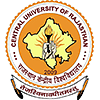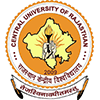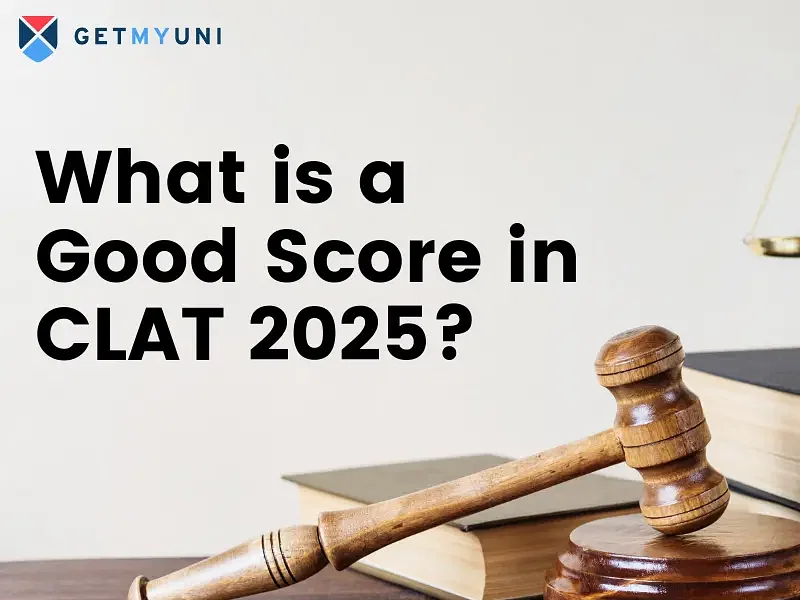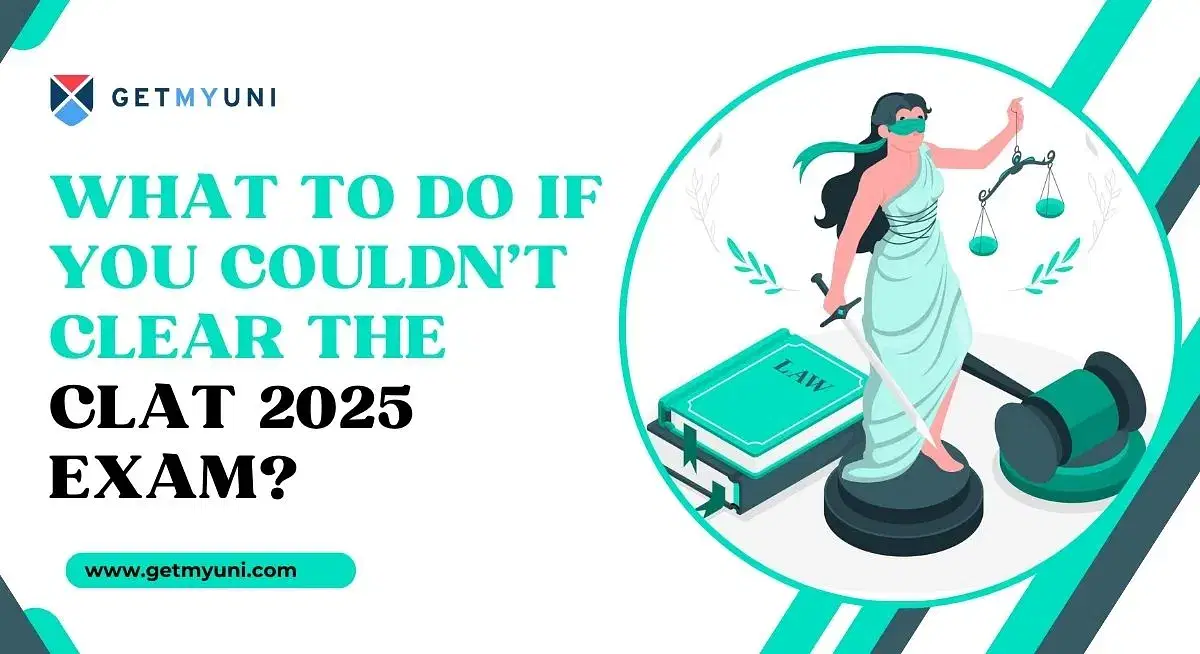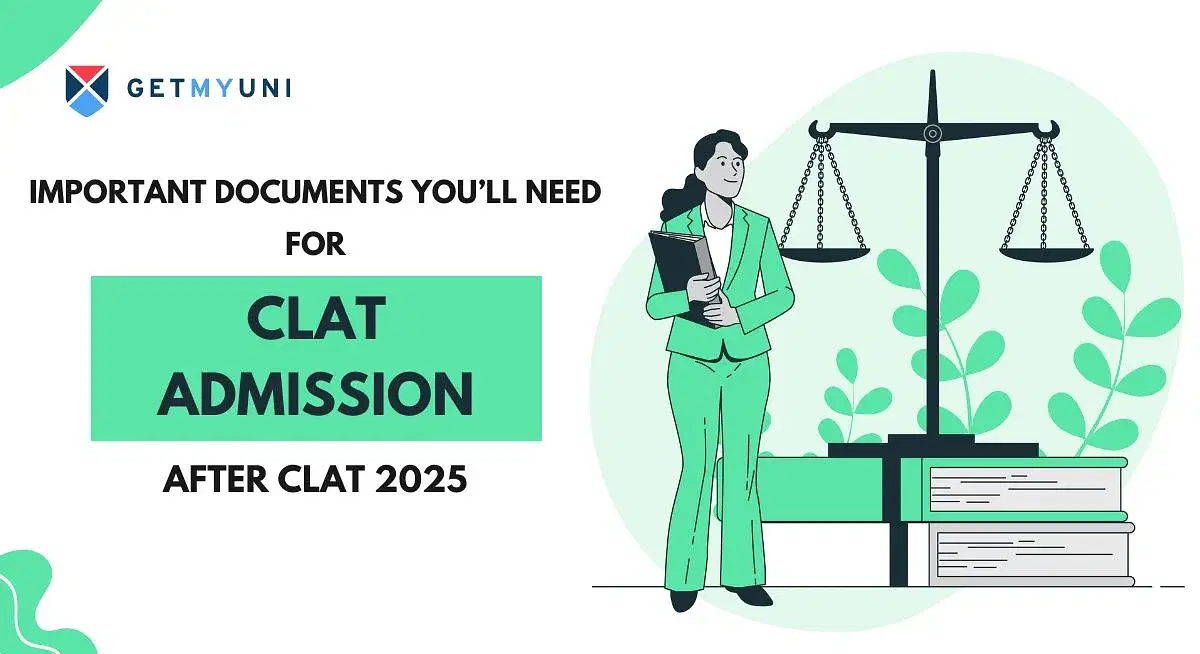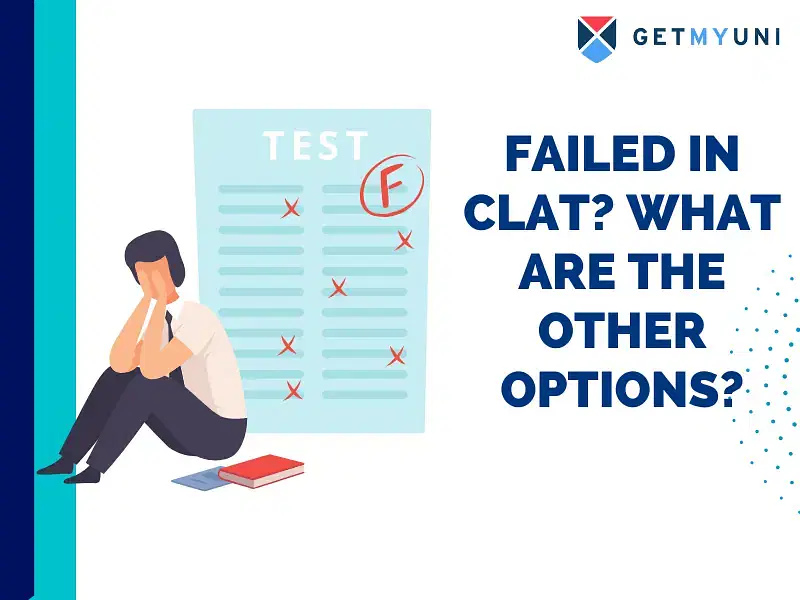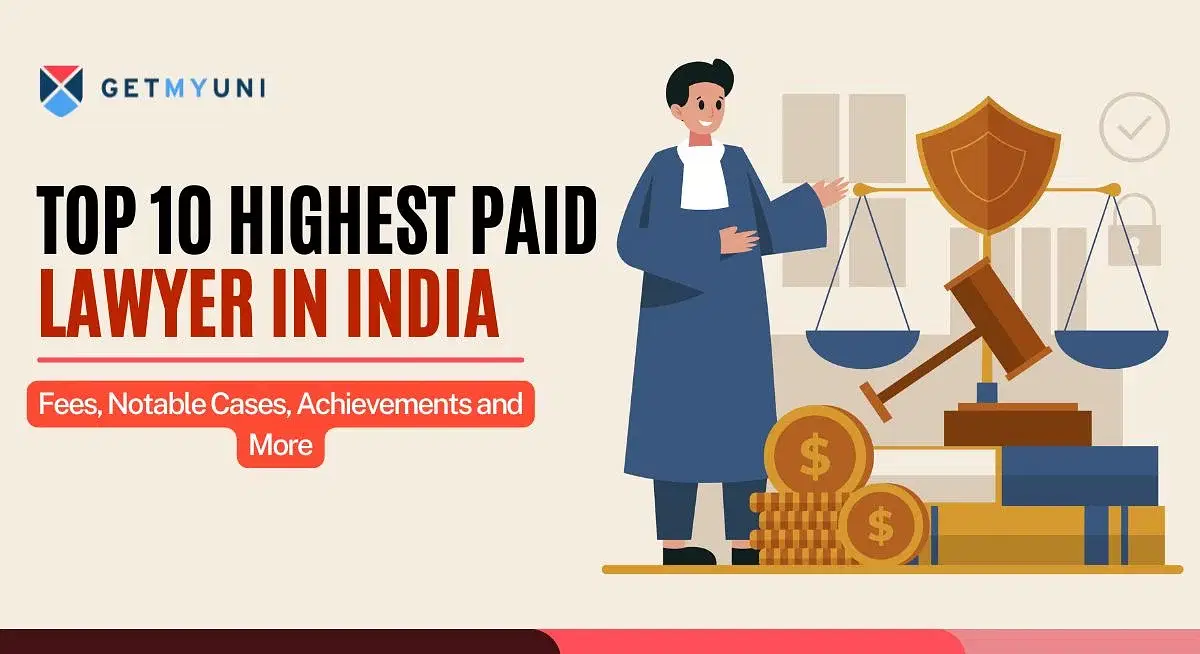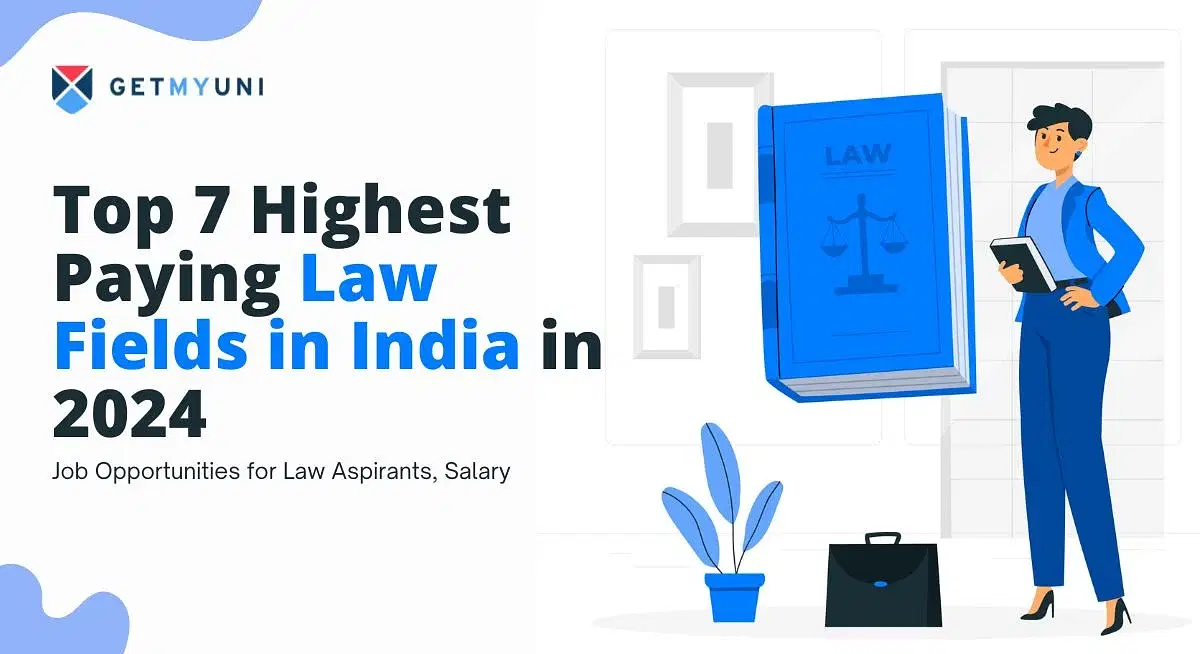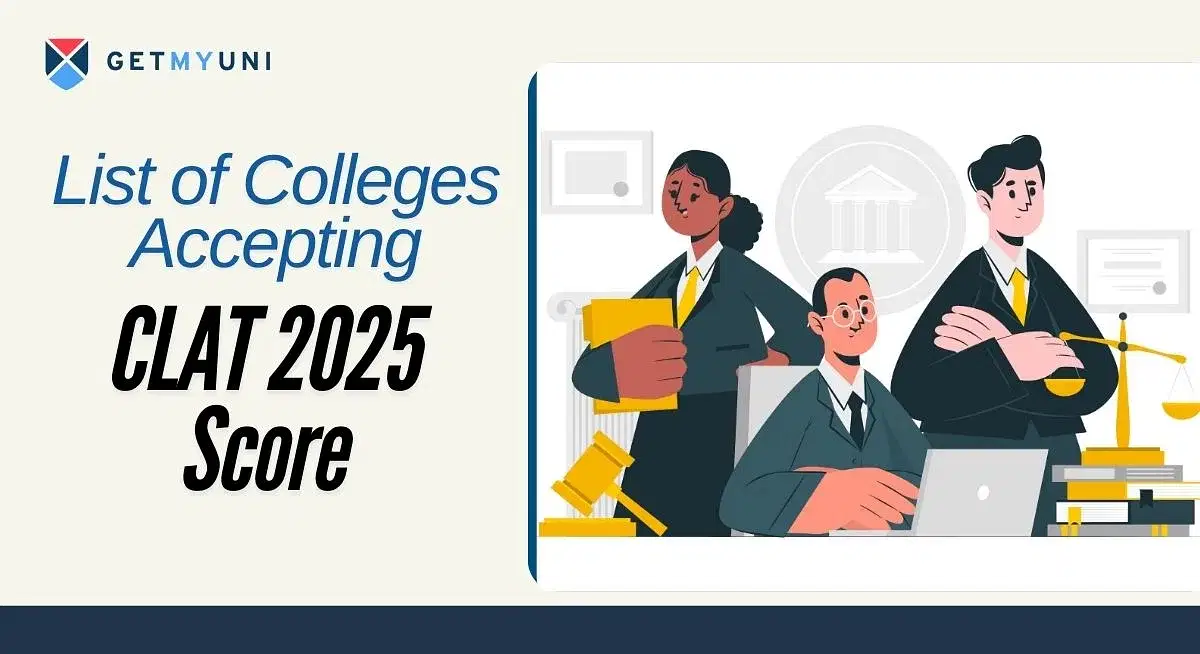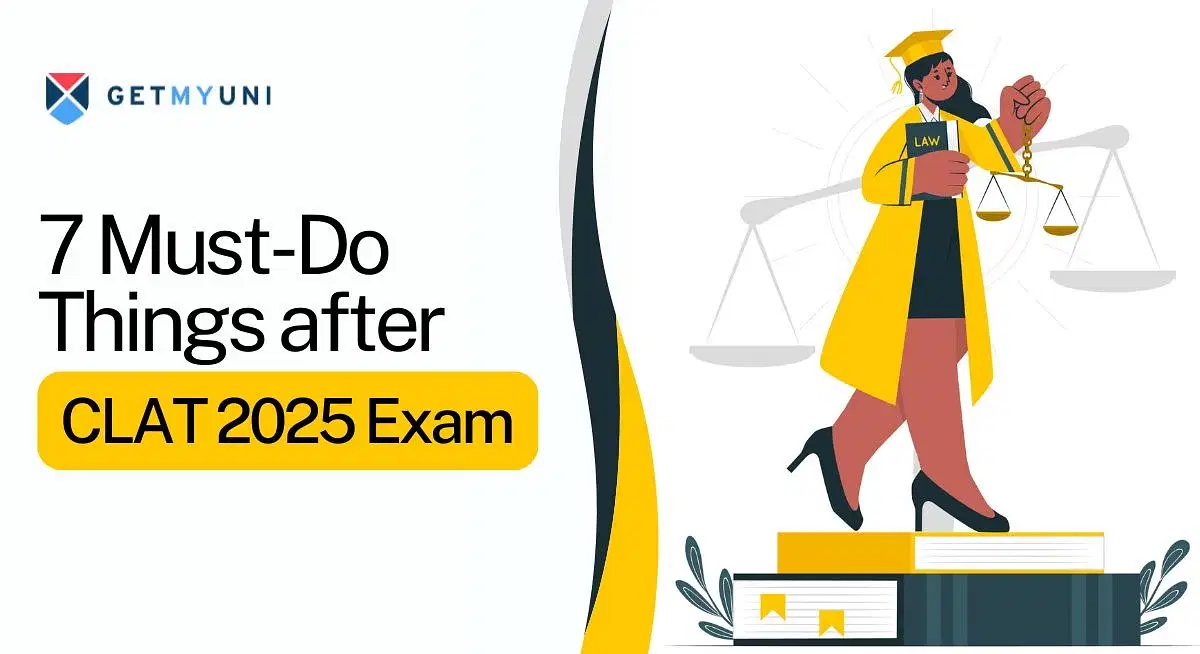Constitution, fundamental rights, fundamental duties, Rajya Sabha, Lok Sabha, are some of the topics from which the 25 most important static legal knowledge questions for CLAT 2025 can be asked in the exam.
Practising the 25 most important static legal knowledge questions for CLAT 2025 can improve the final rank and score. It also includes important current events from India and throughout the world, foreign politics, the arts and culture, historical events, amendment acts, government policies, constitution.
The sections on legal reasoning and G.K. & Current Affairs each have a 25% weightage in the final score. There are 50 questions in the GK portion of the CLAT, split into two categories: static GK and current affairs. It is the least time-consuming and most scoring subject for the CLAT 2025.
CLAT 2025 Static Legal Knowledge Questions
The top 25 most important static legal knowledge questions for CLAT 2025 along with their answers are mentioned below. Students can practise them to get an idea of all the essential questions from all the subjects:
Q1. What do you mean by “ad-hoc judges”?
- Judges are selected particularly for a specific case or purpose.
- Retired Judges
- Impeached Judges
- Judges who act as heads of government-appointed committees
Ans. 1 Judges are selected particularly for a specific case or purpose.
Q2. Which Supreme Court judges have recused themselves from the constitution bench hearing centre's curative plea on the Bhopal Gas Tragedy?
- Justice Indu Malhotra
- Justice Arun Mishra
- Justice Ravindra Bhat
- Justice Deepak Gupta
Ans. 3 Justice Ravindra Bhat
Also Read: Top 10 CLAT Colleges in India
Q3. What are Grave and Sudden Provocation?
- Question of Law
- A Presumption under Law
- Mixed Questions under Law
- Question of fact
Ans. 4 Question of fact
Q4. Which of the following Courts has upheld that reading the Preamble is not incitement to the offence?
- Delhi High Court
- Supreme Court
- Delhi Sessions court
- None of the above
Ans. 3 Delhi Sessions Court
Q5. What does the expression “jus gentium” mean?
- The law which natural reason establishes for riparian states
- The law which natural reason establishes for all women
- The law which natural reason establishes for all men
- The law which natural reason establishes for land-locked states
Ans. 3 The law with natural reason establishes for all men
Also Read: CLAT Important Topics Weightage
Q6. Which of the following High Courts has issued a notice on a plea against witch hunting?
- Guwahati High Court
- Madhya Pradesh High Court
- Rajasthan High Court
- None of the above.
Ans. 2 Madhya Pradesh High Court
Q7. Who is regarded as the “Father of All India Services?”
- BR Ambedkar
- Lord Cornwallis
- Lord Macaulay
- Sardar Patel
Ans. 4 Sardar Patel
Q8. As per the latest order of the Central Government, the civil judgements of which of the following countries are now enforceable in India under section 44A of CPC?
- United Arab Emirates
- Thailand
- Kazakhstan
- Sri Lanka
Ans. 1 United Arab Emirates
Q9. Which law governs the formation and regulation of cooperative societies in India?
- The Cooperative Societies Act
- The Societies Registration Act
- The Companies Act
- The Partnership Act
Ans. 1 The Cooperative Societies Act
Q10. The Constitution 104th Amendment Act, which shall come into force on 25 January 2020, seeks to abolish the provision for the nomination of which of the following?
- Other Backward Classes
- Anglo Indians
- SC & ST
- None of the above.
Ans. 2 Anglo Indians
Also Read: Important Topics to Study from CLAT Syllabus
Q11. Under which article does the Indian Constitution provide for the protection of personal liberty?
- Article 19
- Article 20
- Article 21
- Article 23
Ans. 3 Article 21
Q12. The Union Cabinet has approved raising the upper limit for legal abortions from 20 weeks to ________?
- 21 weeks
- 22 weeks
- 23 weeks
- 24 weeks
Ans. 4 24 weeks
Q13. When two persons are the descendants of a common ancestor, but by different wives, they are said to be related to each other by?
- Uterine Blood
- Half-Blood
- Full Blood
- Either (a) or (b)
Ans. 2 Half-Blood
Q14. What is the maximum number of times the Indian Parliament can be dissolved in a year?
- Once
- Twice
- Thrice
- No Limit
Ans. 4 No Limit
Q15. Which one of the following is not a salient feature of the constitution of India?
- Written Constitution and Supremacy of the Constitution.
- Quasi-federal Structure.
- Committed Judiciary.
- Distribution of Powers.
Ans. 3 Committed Judiciary
Also Read: How to Prepare for CLAT without Coaching?
Q16. Which of the following rights is NOT a fundamental right under the Indian Constitution?
- Right to Equality
- Right to Freedom
- Right to Constitutional Remedy
- Right to Property
Ans. 4 Right to Property
Q17. Generally, dedicated legislation means the law made by the
- Legislature.
- Executive.
- Judiciary.
- Either (b) or (c).
Ans. 2 Executive.
Q18. Which of the following is NOT part of the Union List in the Constitution of India?
- Defense
- Currency
- Education
- Foreign Affairs
Ans. 3 Education
Q19. Which of the following is a state subject under the Indian Constitution?
- Banking
- Defense
- Police
- Foreign Affairs
Ans. 3 Police
Q20. The highest law officer of a state in India is:
- Advocate General.
- Solicitor General.
- Attorney General.
- Central Law of Minister.
Ans. 1 Advocate General
Also Read: CLAT UG Vs CLAT PG
Q21. Which Indian law regulated the protection of consumer rights?
- The Indian Contract Law
- The Consumer Protection Law
- The Sale of Goods Law
- The Companies Act
Ans. 2 The Consumer Protection Law
Q22. Who has the power to dissolve Lok Sabha?
- The Prime Minister
- The Speaker of Lok Sabha
- The President of India
- The Chief Justice of India
Ans. 3 The President of India
Q23. Which of the following is NOT a ground for impeachment of the President of India?
- Violation of the Constitution
- Gross Misconduct
- Corruption
- Proved incapacity
Ans. 3 Corruption
Q24. Under which article of the Indian Constitution does the President of India have the power to promulgate Ordinances?
- Article 123
- Article 124
- Article 125
- Article 126
Ans. 1 Article 123
Q25. The tenure of every Panchayat shall be for:
- 2 years
- 3 years
- 4 years
- 5 years
Ans. 4 5 years






